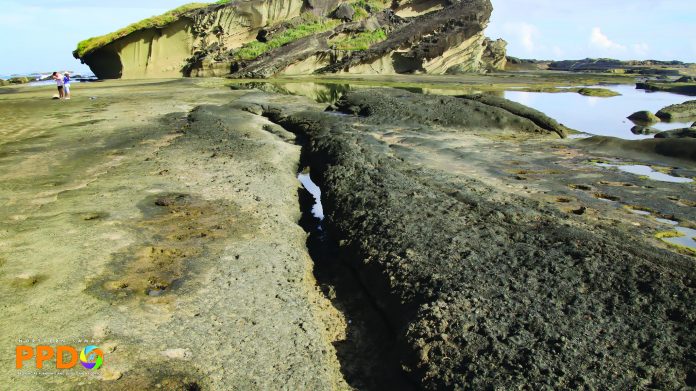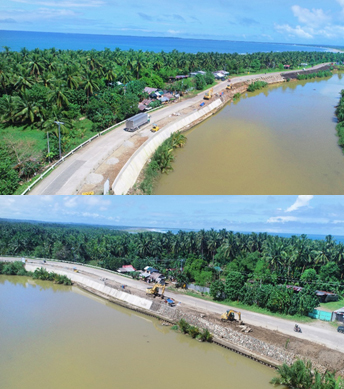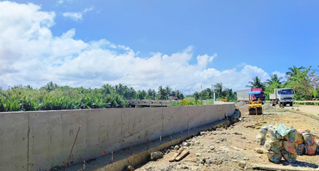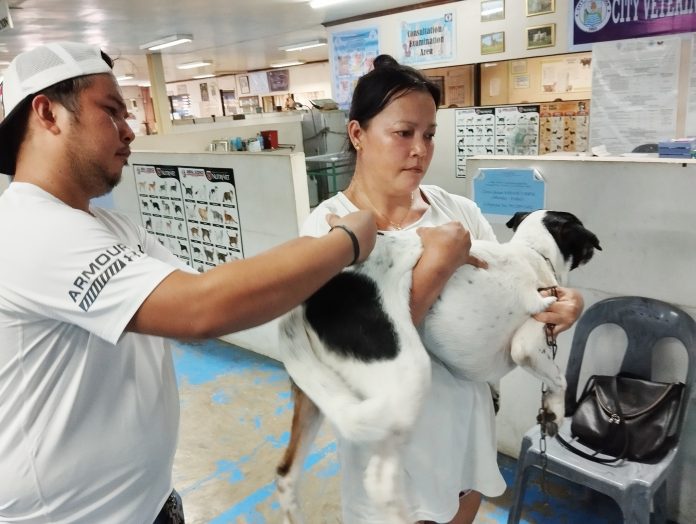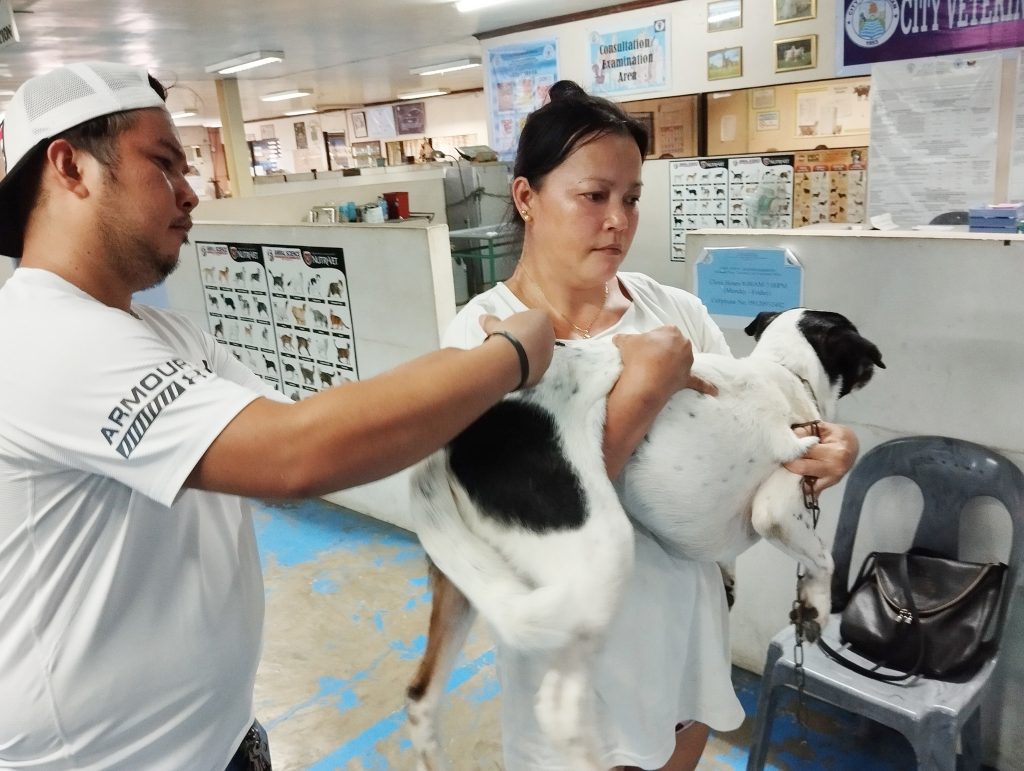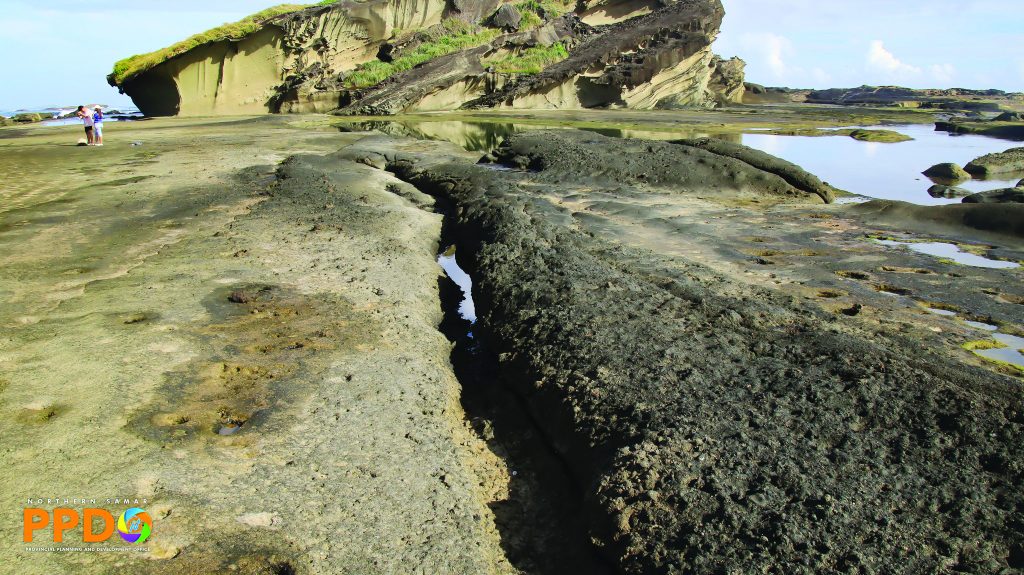
TACLOBAN CITY – Unique rocks not found elsewhere in the Philippines have been documented in Northern Samar, reinforcing the province’s global geological significance, according to the Provincial Planning and Development Office (PPDO).
This finding was confirmed through a recent geological assessment conducted by experts from the National Committee on Geological Sciences (NCGS), with support from the University of the Philippines – National Institute of Geological Sciences (UP-NIGS) and the Mines and Geosciences Bureau (MGB) of the Department of Environment and Natural Resources (DENR).
The assessment validated the occurrence of rare rock types that further highlight Northern Samar’s ancient geologic past and underscores its value in both national and international geoscientific studies.
According to Dr. Allan Gil Fernando, a geologist and micropaleontologist from UP-NIGS, rock formations in Biri Island share a geologic connection with mainland municipalities such as Lavezares and Allen, despite differences in origin. This connection suggests that millions of years ago, these areas were geologically linked, the PPDO said.
Fernando, as quoted by the PPDO, explained that Biri’s iconic rock islets likely originated from the weathering and erosion of ancient volcanic rocks located in Lavezares and Allen.
These volcanic rocks, identified as “Allen Phonolite,” is a rare type of alkaline igneous rock deposited in a deep marine environment approximately 20 million years ago. Over time, through tectonic uplift and other geological processes, the Biri rock formations emerged above sea level.
Field observations also revealed strong evidence of ancient volcanic activity across the Lavezares-Allen-Biri region. Lava flow structures and the mineral composition of the rocks point to volcanic eruptions that occurred around 15 million years ago.
To confirm the extent of the Allen Phonolite, the geologists conducted additional investigations in Sitio Imaga, Barangay Cabacungan in Allen town.These volcanic rocks add valuable data to the province’s geologic timeline and evolution.
In parallel with mainland assessments, the team revisited several of Biri’s rock islets—including Magasang, Magsapad, Bel-at, and Macadlaw. These formations are not only geological landmarks but also hold international scientific importance.
An earlier study by UP NIGS faculty and students found the presence of rare analcime sandstones and conglomerates in Biri, a rock type reportedly undocumented elsewhere in the world. This discovery bolsters Biri’s candidacy as a National Geological Monument (NGM) and its potential designation as a UNESCO Global Geopark (aUGGp).
During the assessment, the team initiated the identification of a strategic location for the installation of an NGM marker, which will serve as a symbol of Biri’s exceptional geodiversity and support the development of geotourism and scientific education in the region.
Inspiring Future Earth Scientists
Beyond field research, Fernando also advocated for environmental awareness and climate education.
Provincial Government’s Continued Support
The provincial government of Northern Samar, under the leadership of Governor Edwin Marino Ongchuan, continues to support initiatives that promote scientific collaboration and conservation.
Through its partnerships with NCGS, UP-NIGS, and MGB-DENR, the province is taking active steps to protect its geological heritage while fostering research that brings to light the rich, untold stories embedded in its ancient rocks—stories of underwater volcanism, tectonic shifts, and the resilient beauty of Earth’s natural processes.
(JOEY A. GABIETA)

